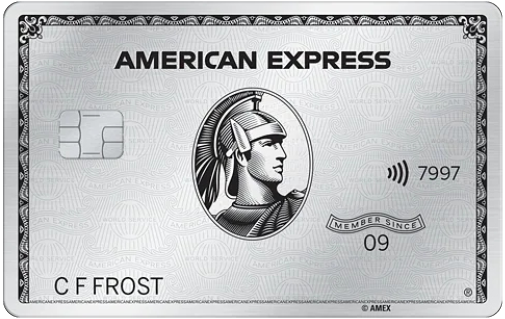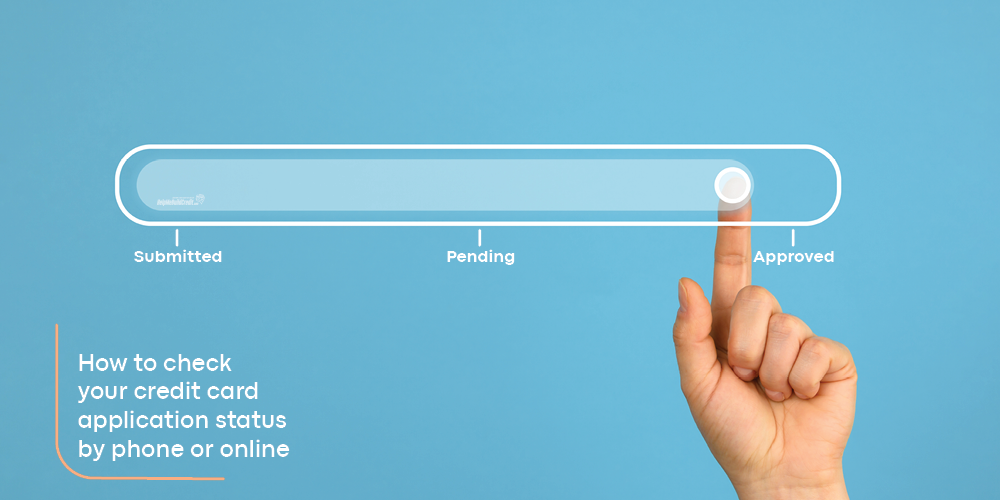Talking about death is never exciting. But knowledge is power in all aspects of life, happy and sad. This week we will address a question on what happens to someone’s credit card bills if they die. Who is responsible for making the payments?
From what money can banks collect?
When someone dies, any debt they leave behind must be paid before any assets are distributed to their heirs or surviving spouse. Debt is paid from their estate (whether they leave a will or not), which simply means the sum of all the assets they had at the time of their death. The executor of the estate uses the assets in the estate to pay first the outstanding debts including credit card debt.
But what happens if there are no assets or not enough assets to pay the debt?
Can banks collect from family members?
Family members are not responsible for making credit card payments for a deceased loved one and banks cannot collect or sue family members for debt owed by a spouse, parent or other family member who died.
Credit card companies may contact survivors after a death to get information such as how to contact the executor of the deceased’s estate. However, they cannot legally ask the deceased’s survivors to pay credit card debts that are not their responsibility.
If you are an authorized user on a credit card held by the deceased, do not make any payments on that card. If you do so, the credit card company may legally be able to argue that you have taken responsibility for the entire balance. If you live in a community property state, consider asking an attorney to clarify whether you should or should not pay the bill.
Some exceptions
- Community Property State
Some states are Community property states. These states typically hold spouses responsible for each other’s debts. If the deceased lived in a community property state, the spouse of the deceased may have to pay their spouse’s credit card debts after their death, even if they were only an authorized user or the credit card was solely in the deceased’s name. Arizona, California, Idaho, Louisiana, Nevada, New Mexico, Texas, Washington, and Wisconsin are community property states. Alaska gives spouses the option to elect to make their property community property. Laws can vary from one community property state to another, so if you live in one of these states, ask an attorney with expertise in estate law in your state what your responsibilities are.
- HealthCare Credit Card Charges
Certain expenses charged to a credit card may be subject to state mandates regarding repayment. If you are the deceased person’s spouse, state law may require that you pay for the debt, such as certain healthcare expenses paid for with a credit card.
- Estate Administrator or Executor Liability
You may be liable for the deceased’s credit card debt if you were legally responsible for administering the deceased’s estate and did not comply with certain state probate laws.
Assets that are protected from creditors
The following types of assets are protected from creditors in the event of a death even if the estate is insolvent:
- Retirement accounts, including employer-sponsored 401(k) or 403(b) plans, Solo 401(k) plans, SEP IRAs, Simple IRAs, or Roth IRAs
- Life insurance proceeds
- Assets held in a living trust
- Brokerage accounts
- Homes, depending on state law and how title to the property is held
Steps to take after a cardholder dies
When a relative or loved one passes away with existing credit card debt, take the following steps to ensure the debt is managed properly.
- Stop using credit cards on which you are an authorized user. (You can keep using credit cards on which you are a joint account holder.) Using a credit card after the primary cardholder’s death is considered fraud, even if you are an authorized user. That is why it is a good idea for each spouse to be the primary cardholder on at least one credit card
2. Make a list of the person’s credit card accounts. If you are not sure which accounts the person had, the spouse or executor of the deceased can request a copy of the person’s credit report to check.
3. Notify the credit card companies of the death. If the card was solely in the deceased’s name, you should ask to close the account. If you have a joint credit card account, tell the credit card issuer that one account holder is now deceased. You will generally have the option to close the account or keep it open in your name only; however, the terms of the credit card agreement, such as the annual percentage rate, may change once you are the sole account holder.
4. Notify the three consumer credit bureaus. Credit card companies will report the death to the credit bureaus, but it may not happen immediately. If you don’t want to wait, you can report the death to the three major consumer credit bureaus (Experian, TransUnion and Equifax) yourself. This can help ensure that identity thieves don’t apply for credit in the deceased’s name. The reporting process may differ slightly for each credit bureau. In general, however, you will need to supply a copy of the death certificate and the deceased’s Social Security number. Unless you are the spouse of the deceased, you will also need proof that you are the executor of the estate or otherwise authorized to act on the person’s behalf.
5. Make timely payments on any jointly held credit cards. Even if you don’t plan to keep using the card, just one late payment can have a negative effect on your credit score, which may make it more difficult to get credit in your own name going forward. The death of a loved one is a stressful time, so to ensure you do not miss a payment, consider setting up automatic minimum payments on any joint credit accounts.





![Best Credit Cards With Airport Lounge Access [2024]](https://helpmebuildcredit.com/wp-content/uploads/2022/06/post-on-cards-with-airport-lounges.png)


![The 10 Best 0% APR Credit Cards For April [2024]](https://helpmebuildcredit.com/wp-content/uploads/2023/07/Post-on-best-0-apr-cards3-1080x675.png)


![The 10 Best Credit Card Offers For April [2024]](https://helpmebuildcredit.com/wp-content/uploads/2024/03/post-on-best-offers-april-2024.png)





0 Comments